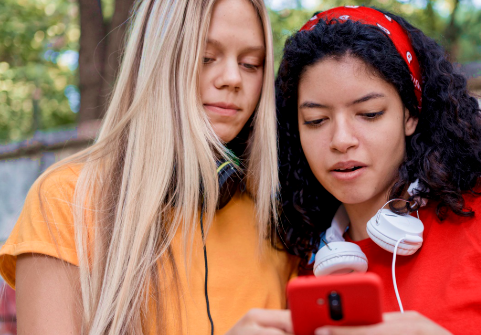Australia Moves to Restrict Youth Social Media Access
The Australian government has announced plans to legislate against social media access for children under 16. Prime Minister Anthony Albanese described the initiative as a world-leading package. The proposed law aims to hold social media platforms accountable for preventing underage access. This announcement has sparked discussions about the necessity and effectiveness of such a ban.
Proposed Legislation Overview
The new law will restrict social media access for individuals under 16. This follows an independent study in South Australia, which suggested a framework for such restrictions. The study proposed the Children (Social Media Safety) Bill 2024. This Bill requires social media providers to prevent access for users under 14. It allows access for 14- and 15-year-olds only with parental consent.
Definition of Social Media
The draft legislation defines social media as platforms enabling social interaction among users. These platforms allow users to connect, interact, and share content. The proposed law could establish a regulatory body to impose fines on non-compliant social media services. These fines would contribute to a Children’s Online Safety Fund aimed at supporting affected minors.
Age Verification Challenges
Implementing the ban raises important age verification challenges. Current age restrictions rely on self-reported birth dates. Many children provide false information to gain access. Additionally, users can bypass age restrictions using Virtual Private Networks (VPNs). The South Australian report explored various age verification methods. These include government-issued ID checks and facial recognition technology.
Impact of Social Media on Adolescents
Problematic social media use among adolescents is rising. A World Health Organisation study revealed an increase from 7% in 2018 to 11% in 2022. Girls show higher problematic use at 13%, compared to 9% among boys. Negative impacts include lower mental well-being, increased substance abuse, and disrupted sleep patterns. Adolescents often tie their self-worth to online interactions, leading to stress and anxiety.
Recommendations for Responsible Use
Experts advocate for responsible social media use. Parents should engage in discussions about online behaviour. They must be mindful when introducing devices to children. The US Surgeon General has also released guidelines. These include developing age-appropriate safety standards and promoting digital literacy in schools. Social media companies are urged to enhance privacy measures and enforce age limits effectively.
Role of Parents and Caregivers
Parents and caregivers play important role in guiding social media use. They should create family media plans and establish tech-free zones. Encouraging in-person friendships is essential for healthy social development. Parents must model responsible online behaviour and educate children about technology. Reporting cyberbullying and online abuse is also vital for creating a safer digital environment.
Important Facts for Exams:
- Children (Social Media Safety) Bill 2024: This draft legislation aims to restrict social media access for users under 16. It includes provisions for parental consent for older teens.
- Virtual Private Networks (VPN): VPNs allow users to bypass geographical restrictions. They can mask a user’s location and enable access to age-restricted content on social media platforms.
- World Health Organisation (WHO): WHO reported an increase in problematic social media use among adolescents. Rates rose from 7% in 2018 to 11% in 2022 across Europe.
Month: Current Affairs - November, 2024
Category: Legal & Constitution Current Affairs


